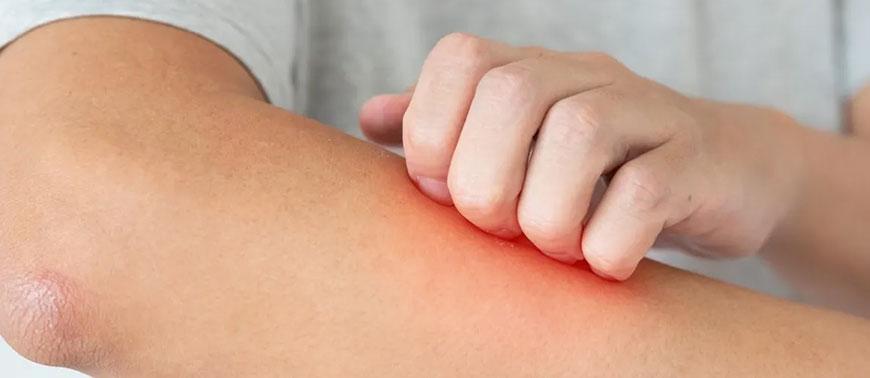
Published: 2024-01-27 by, News Team in the Health & Medical news category
Invisible Invaders: The Hidden Dangers of Indoor VOCs and SVOCs in Our Homes
Indoor environments, where many of us spend the majority of our lives, are often assumed to offer respite from outdoor air pollution. However, the reality is that indoor spaces harbor a plethora of air pollutants, presenting a continuous threat to our health and well-being. Among these invisible adversaries are volatile organic compounds (VOCs) and their subcategory, semi-volatile organic compounds (SVOCs), which infiltrate indoor air from various sources such as household items, building materials, and cleaning products.
VOCs, encompassing a wide range of chemicals, exist in gaseous form, making inhalation a common route of exposure. However, the realm of indoor air quality unveils a subtler but equally concerning dimension with SVOCs. Unlike VOCs, SVOCs can reside not only in the air but also cling to solid surfaces like indoor furnishings and dust particles, magnifying their potential to permeate our living spaces. Despite their unseen nature, these compounds pose a significant threat to human health, capable of infiltrating our bodies through inhalation, ingestion, and direct skin contact.
Of particular concern among SVOCs are phthalates, ubiquitous chemicals found in plastics, building materials, and personal care products. The pervasive presence of phthalates in everyday items underscores the continuous nature of our exposure. Studies have linked phthalate exposure to a myriad of health issues, including compromised cardiovascular health, altered growth and development in children, and diminished sperm quality.
Once absorbed into the body, phthalates undergo metabolism and are excreted over time. Despite the body's efforts to eliminate them, our constant exposure ensures that phthalates remain in our systems persistently. Compounding this issue is the myriad pathways through which we encounter these chemicals in our daily lives. While inhalation and ingestion are commonly acknowledged routes of exposure, emerging research highlights skin absorption as a significant contributor to overall phthalate intake.
In controlled experiments, individuals exposed to elevated levels of phthalates exhibited substantial absorption through their skin, even in the absence of direct inhalation or ingestion. Furthermore, clothing, typically perceived as a protective barrier, can unwittingly serve as a reservoir for these pollutants, amplifying exposure levels. The implications of such findings extend beyond phthalates to encompass other pollutants like nicotine from cigarette smoke and perfluoroalkyl substances (PFAS), all highlighting the intricate interplay between skin absorption and indoor air quality.
Understanding the pathways of chemical exposure is crucial, as the route of entry can influence the concentration and distribution of pollutants within the body. Studies comparing oral ingestion to skin exposure underscore the nuanced effects on internal organs, emphasizing the importance of considering exposure routes in assessing health risks. As exposure continues over time, skin absorption emerges as a primary avenue of concern, necessitating proactive measures to mitigate its impact.
Fortunately, there are steps individuals can take to reduce their vulnerability to indoor pollutants. From selecting low-emission building materials to regular cleaning and airing out homes, simple yet effective strategies can significantly improve indoor air quality. Additionally, practicing good hygiene habits, such as washing clothes and bedding regularly, can minimize skin contact with pollutants. By adopting these preventive measures, individuals can safeguard their health and create healthier indoor environments conducive to well-being.
Back To Main News & Articles List...
KEEP YOUR FINGER ON THE PULSE!
Experience the heartbeat of Chiswick like never before! Join our weekly Chiswick Newsletter and immerse yourself in a weekly dose of deals, happenings, exciting events, exclusive news, reviews, articles and local Chiswick updates.
SUBSCRIBE TO THE CHISWICK NEWSLETTER NOW